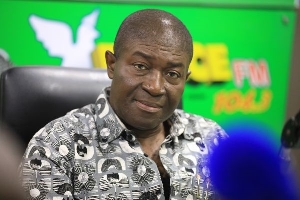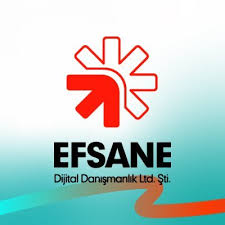

Nana Akomea, Vice Chairman of Dr. Mahamudu Bawumia’s campaign team, has become the center of intense public discussion following his recent statements on GH One TV. His remarks about electoral projections and transportation policies have ignited a broader debate about campaign promises and political credibility in Ghana’s digital sphere.
Akomea’s interview garnered attention primarily for two major claims. First, his assertion that a 74-75% vote margin in the Ashanti Region would secure NPP’s victory in the general elections. Second, his outline of Dr. Bawumia’s proposed transportation initiatives, including dedicated bus lanes for public transport and the introduction of electric vehicles with accompanying credit facilities.
These statements have prompted significant backlash on social media, particularly regarding the proposed transportation policies. Critics have drawn parallels to the previous Ayalolo bus system implemented during John Dramani Mahama’s administration, questioning the originality and feasibility of the new proposals. Many social media users highlighted how the current government’s handling of existing public transportation systems, including STC, raises concerns about future implementations.
The controversy has expanded beyond Akomea’s statements to encompass broader political discourse, including discussions about other public figures’ positions on government initiatives. Notable among these is media personality Nana Aba’s support for Dr. Bawumia’s proposed free kidney dialysis treatment under the National Health Insurance Scheme, which has similarly attracted public scrutiny.
This social media trend reflects deeper public concerns about political promises, policy implementation, and the continuity of government projects in Ghana. The public reaction, particularly on platform X (formerly Twitter), demonstrates increasing skepticism toward campaign promises and a growing demand for accountability in political discourse.






